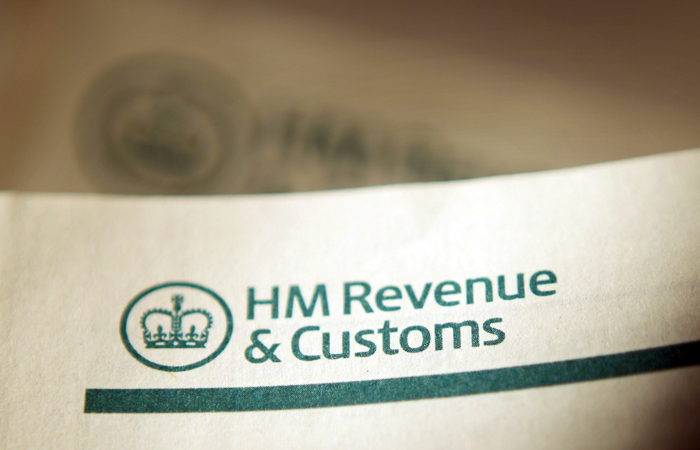Four landlords including a convicted child sex offender from Govanhill have been banned from renting homes by Glasgow City Council.
Muhammed Anwar applied for renewal of his landlord registration while serving a six-year jail sentence for three child sex abuse offences. The application was refused by a council committee along with three other rogue landlords.
The other men: Akhtar Ali, Ashiq Mohammed and Shabnam Sattar were found to be no longer fit to be landlords by Glasgow city council’s licensing and regulatory committee due to issues with their properties.
Mr Ali’s ban arose from concerns about his property management following a fire at one of his properties in Glenapp Street which resulted in two people being taken to hospital.
Additional inspections of properties on Prince Edward Street, Garturk Street and Hickman Street revealed that gas and electricity meters had been by-passed and the flats had no smoke and carbon monoxide detectors.
Ashiq Mohammed and Shabnam Sattar failed fit and proper persons tests. Both did not provide enhanced criminal record certificates, current building insurance policies, confirmation form tenants that they had received their information packs, gas safety and energy performance certificates.
A spokesman for Glasgow council said: “We are very pleased that the work of the Landlord Registration Unit has been endorsed by the Licensing Committee.
“Our team is determined to ensure that those people on the Landlord Register are fit to be landlords.
“Whenever there is evidence that a landlord is no longer a suitable person to rent out property or they fail to manage their property appropriately, we will always seek to take action against them.
“Govanhill has been an area of the city where particular problems with landlords have been identified. The additional powers available to us through Govanhill’s Enhanced Enforcement Area are helping us to improve housing standards in the area.”
Wider Problem
The most recent bans from the landlord register comes following the banning of nine rogue Glasgow landlords in November. One of men banned had been convicted of assault with intent to rape.
The latest crackdown on rogue landlords in Glasgow comes following a highly publicized BBC Scotland investigation in August last year into housing abuse in Govanhill. It is reported that housing conditions are so bad that in some cases newborn babies are living in flats without running water.
Banned landlords may face prosecution and a fine of up to £50,000 if they attempt to let a property in future.
The Renters Alliance helps renters with bad landlords and letting agents. If you have a story you would like to share, please contact the National Renters Alliance through our website or email us at contact@nralliance.co.uk







